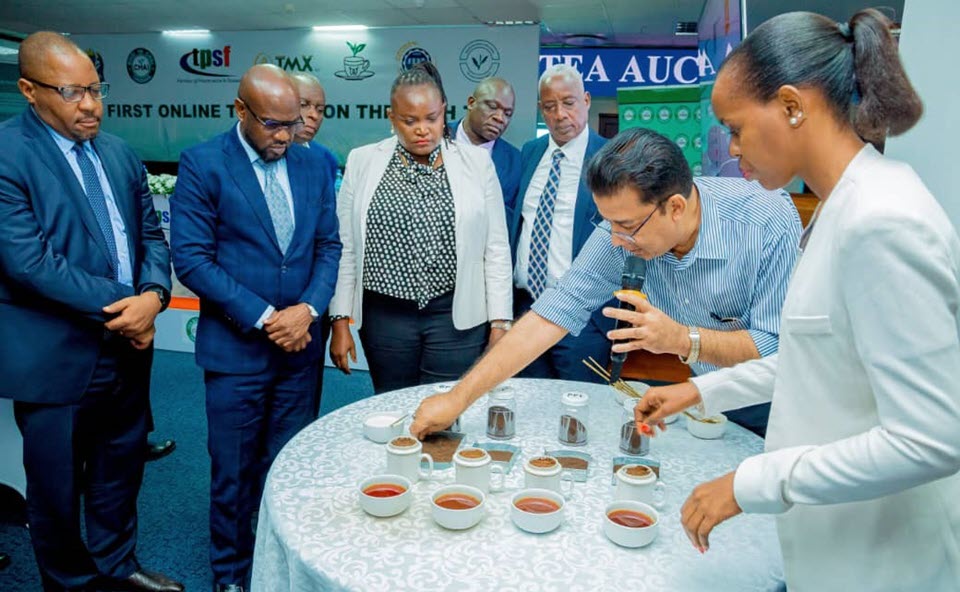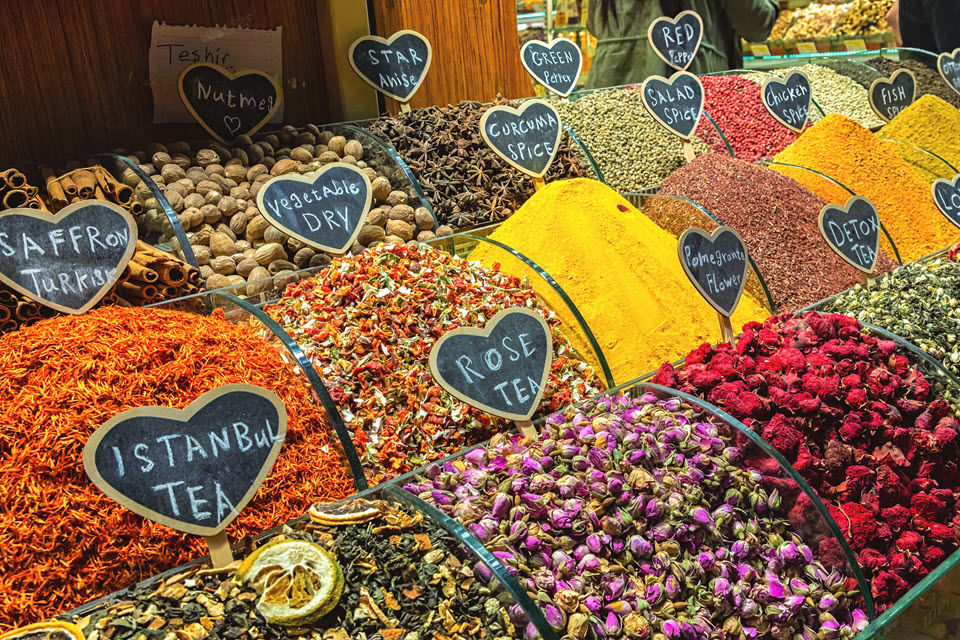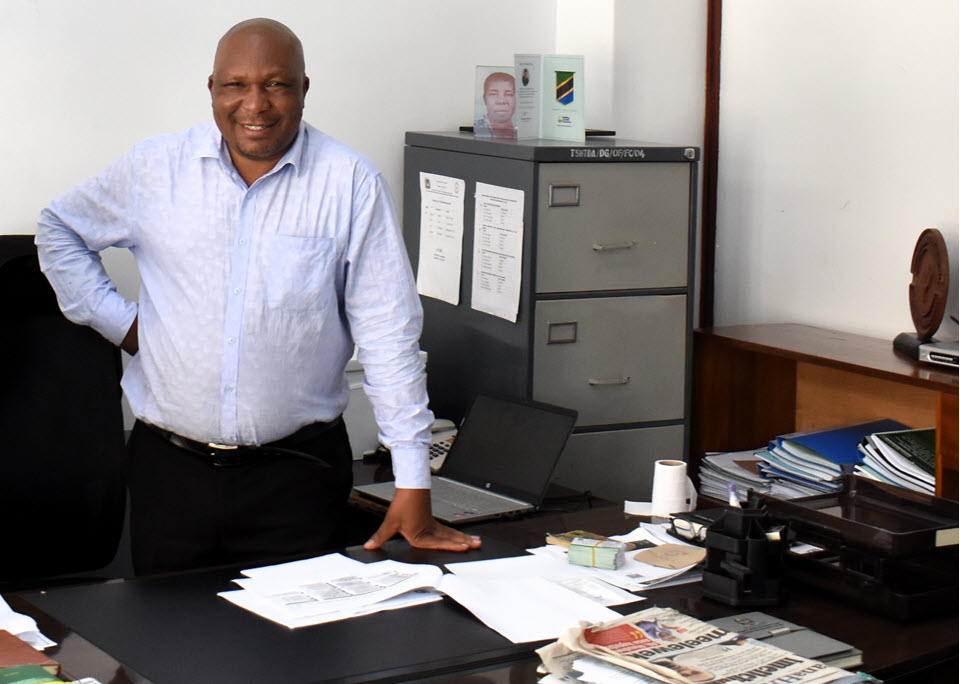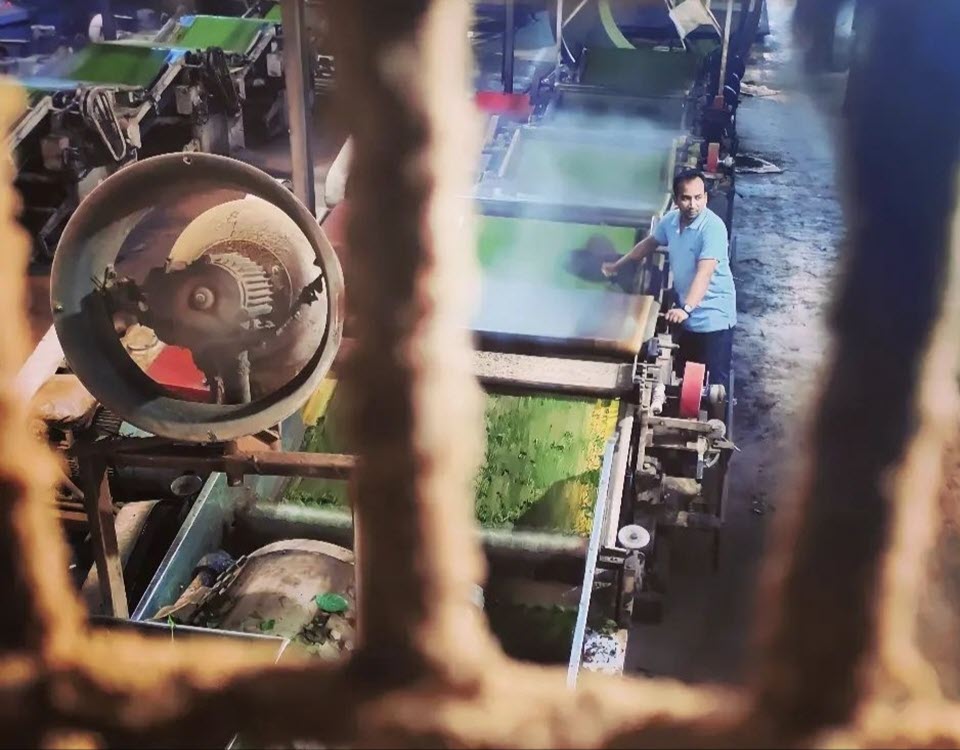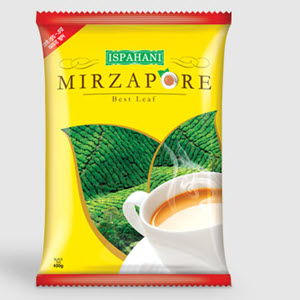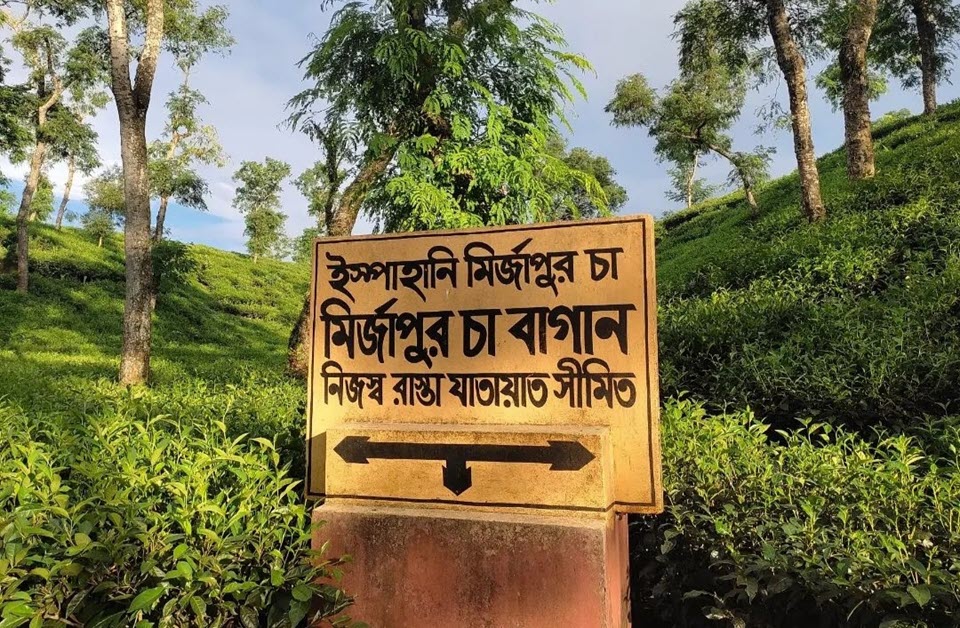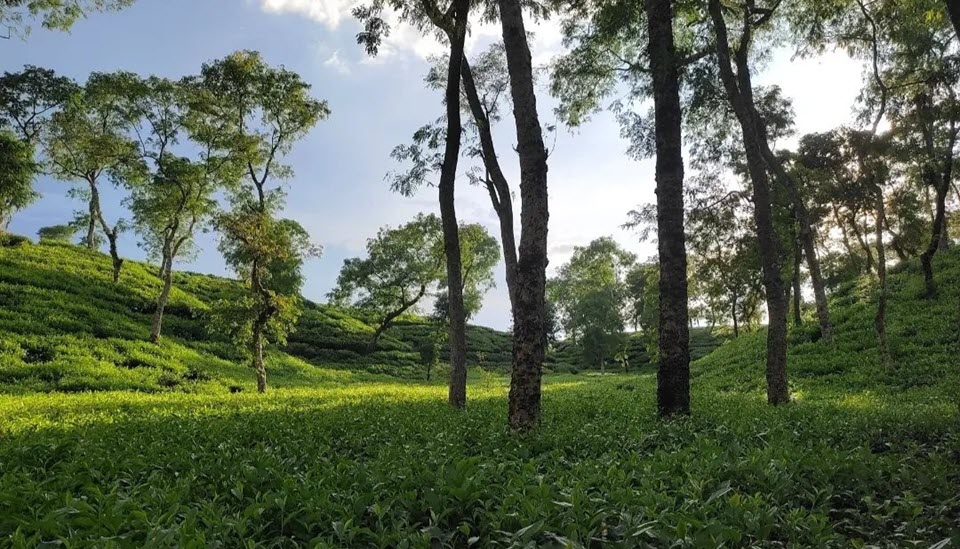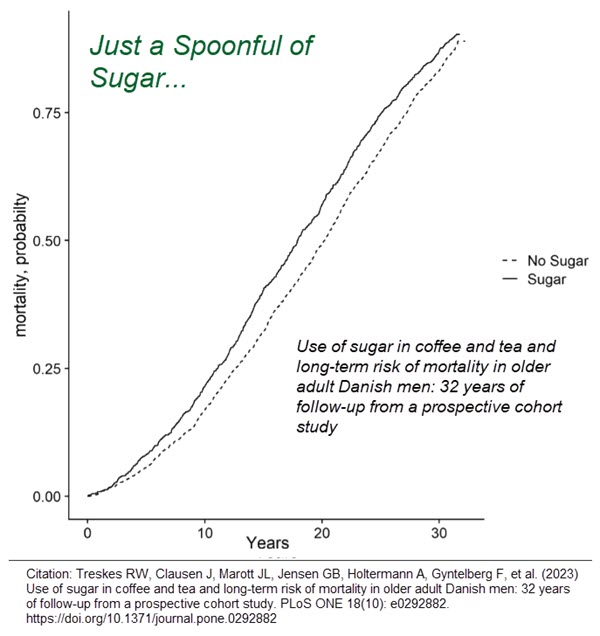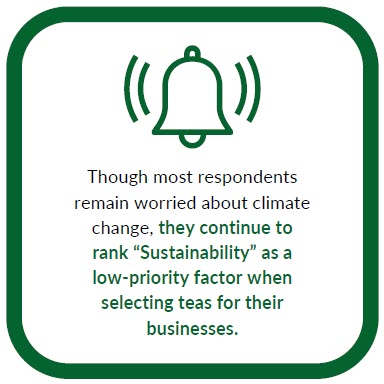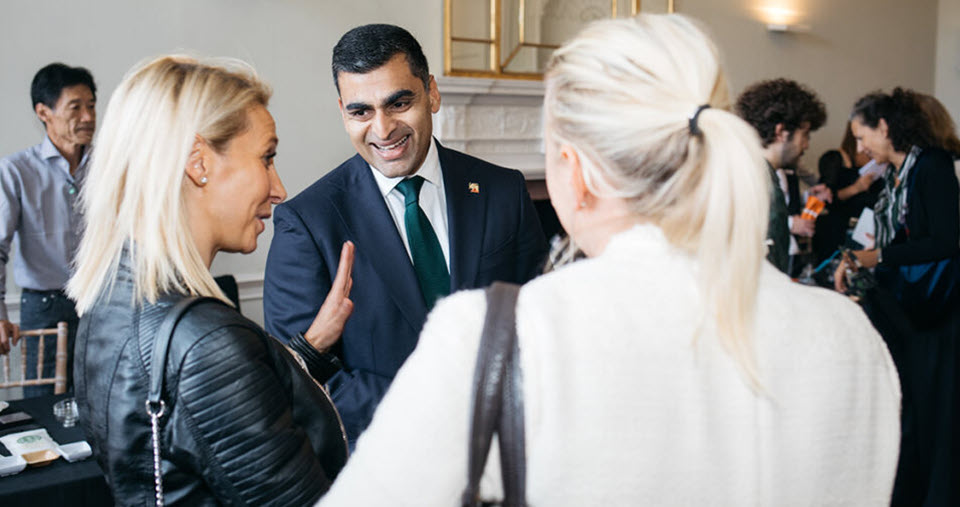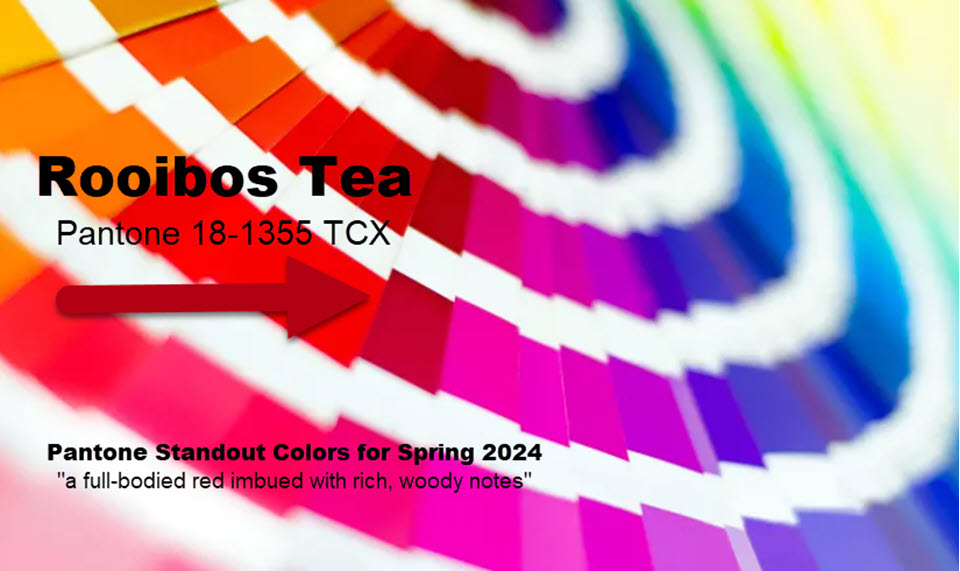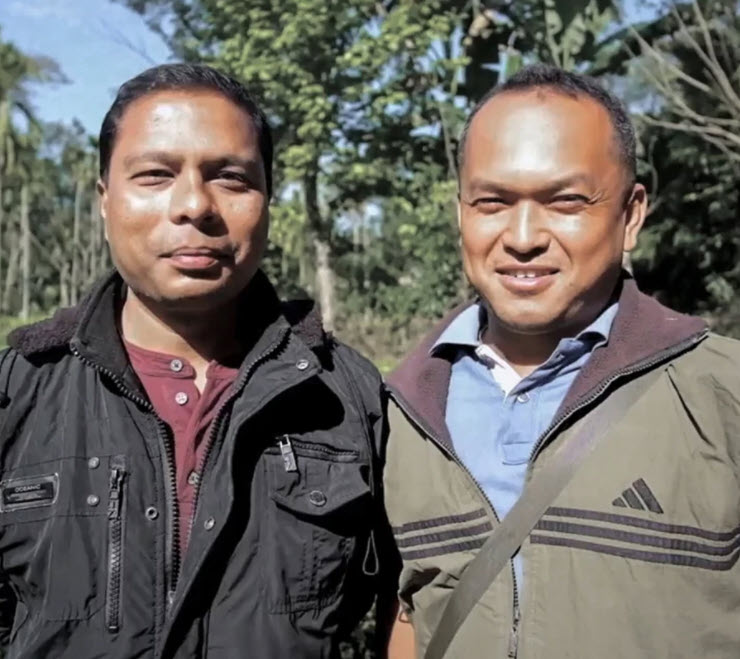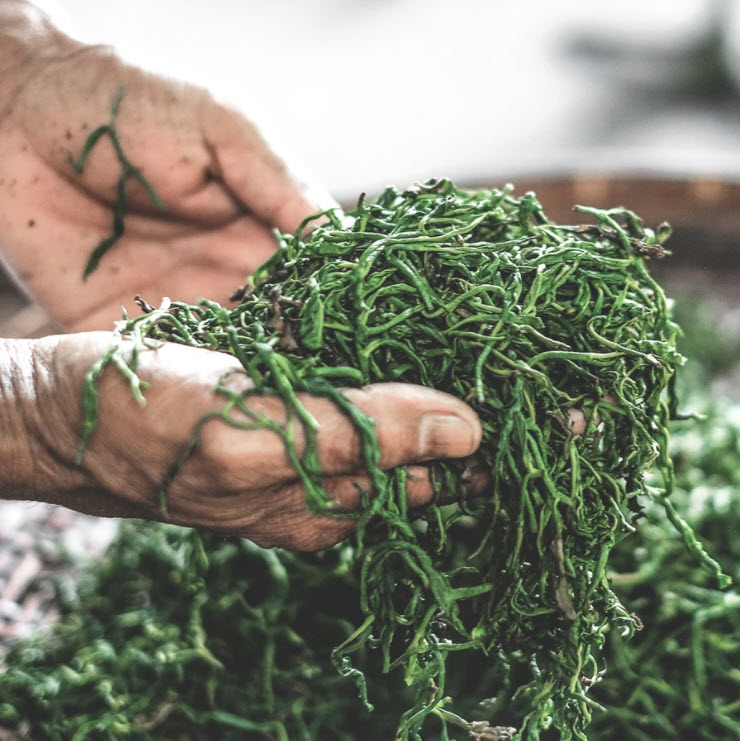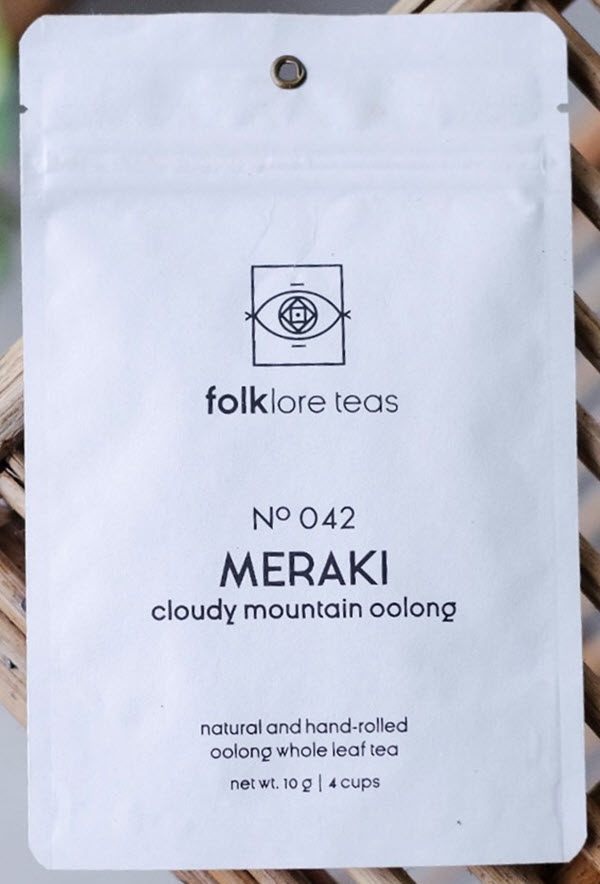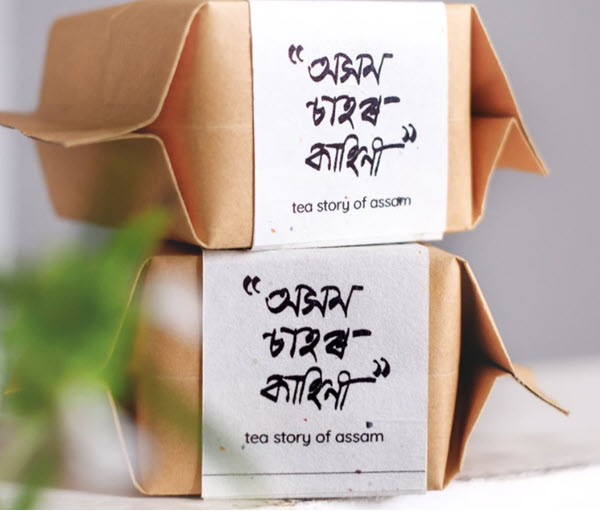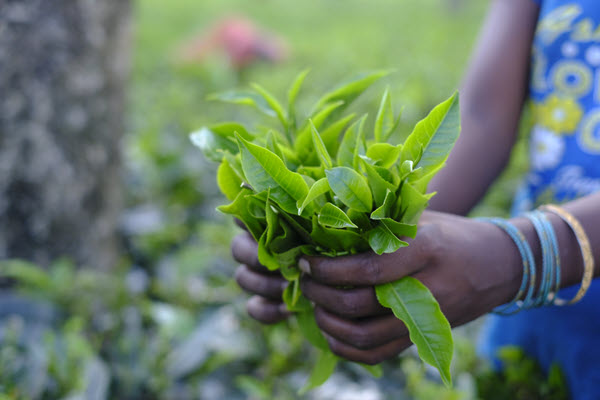Episode 152
UN #TeaPower Promotion Targets Younger Generations | Tea Advice Taken with a Grain of Salt | China Reports Tea Exports Declined in 2023
Tea News for the week ending January 26, 2024
Featured
The Toronto Tea Festival is celebrating its 10th anniversary this weekend. The Tea Guild of Canada and Tao Tea Leaf are co-founders and sponsors of the event. Organizers expect a big crowd to attend educational presentations, cultural demonstrations, and competitions, and there will be products on display from 50 tea vendors, large and small. Rita Fong helped organize the inaugural event. She is a director and manages social media and marketing of what is now the largest tea festival in Canada. She joins us on the Tea Biz Podcast to share insights on this event’s staying power and growing popularity.
Listen to the interview
Powered by RedCircle

#TeaPower Marketing Campaign Targets Young Tea Drinkers
By Roopak Goswami
The Food and Agricultural Organisation’s Intergovernmental Group (FAO IGG) on Tea will launch a global health-focused promotional campaign targeting younger consumers looking for an alternative to sugary drinks.
“There has been a global increase in consumer awareness of a healthy lifestyle, and dietary habits are changing in response to known linkages between diet and health. However, many campaigns are focused on health benefits that address the concerns of older generations,” the UN agency on tea said in a background paper on Tea and Health, slated for discussion at the 25th session of FAO IGG.
Ajay Jalan, former president of the Tea Association of India, said, “In current times, health and wellness have become central factors in consumer choices, offering a unique opportunity for the tea industry to tap into new consumer markets, especially among Gen Z and millennials.”
Tea Biz correspondent Roopak Goswami writes that the gathering provides a forum for intergovernmental consultation and exchange on trends in production, consumption, trade, and the price of tea, including a regular appraisal of the global market situation and short-term outlook.
“The world market for tea continues to be in oversupply, as yields per hectare have risen without a matching increase in global demand. Critically, the next generation of consumers has a wide range of beverages to choose from, and Tea must compete for a share of throat,” according to IGG.
This is the first time IGG has met in Assam, a tea-growing region that contributes around 12% of the world’s tea. The three-day session begins on Jan. 31 and is preceded by Batic 2024, a celebration of Assam’s bi-centenary of commercial tea production.
“Tea Power is the perfect pitch for younger generations looking to increase their performance and energy levels while staying healthy. With carefully crafted messaging, we can create a powerful campaign that will inspire and encourage young people to make tea a part of their lifestyle.”
– UN Working Group on Health & Tea
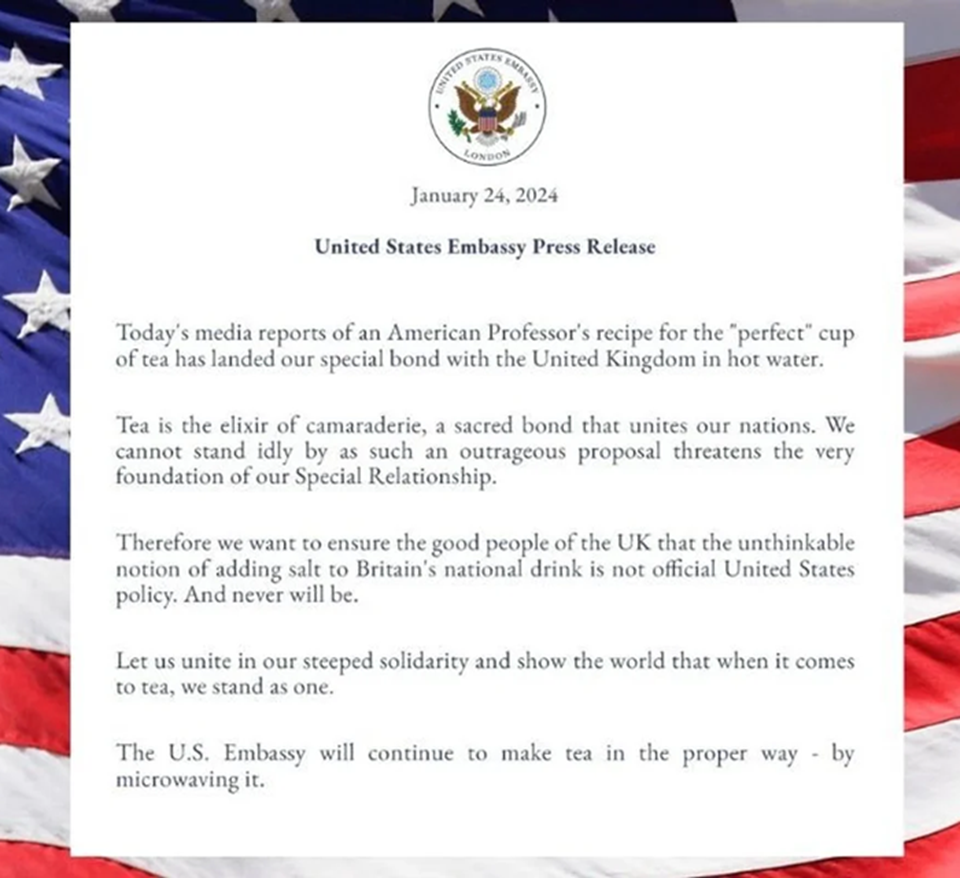
British Take Tea Advice with a Grain of Salt
By Dan Bolton
Professor of Chemistry Michelle Francl caused an uproar this week with the publication Wednesday of her book “Steeped: The Chemistry of Tea.”
The text advises tea drinkers to add a pinch of salt to over-brewed tea, a recommendation found in 8th-century manuscripts from China.
She reports that salt ions block the bitter receptors in your mouth, resulting in a tea that tastes less bitter.
The tongue-in-cheek response in media that quoted “agast” British culinary and beverage experts drew the attention of the U.S. Embassy in the U.K.
“American chemist inspires a moment of diplomatic levity with controversial brewing suggestions,” reads a headline in The Guardian. “US Pledges Support for UK After Egghead Suggests Putting Salt in Tea,” reads a headline in Politico.
A satirical release said her findings regarding “the elixir of camaraderie, a sacred bond that unites our nations,” could jeopardize relations, placing diplomacy in “hot water.”
The ambassador cannot “stand idly by as such an outrageous proposal threatens the very foundation of our Special Relationship,” reads the release. The Embassy declared that adding salt is not official U.S. policy and “never will be,” and jokingly chastised Francl, whose advice in the text is sound.
Francl, who teaches chemistry at Bryn Mawr, recommends loose-leaf tea. Those seeking convenience will find a large tea bag allows better infusion than a small one. Dunking reduces the release of tannins, she advises, lending scientific backing to the adage “brew, don’t stew.” Remove the lid from a takeaway cup to enjoy the aroma, she says, and add a squirt of lemon juice to disburse tea scum in the cup.
Related: The Physics of Black Tea Film
Francl called for scalding a stout mug before pouring from the pot as the warmth increases the amount of caffeine and antioxidants released. She suggests tea drinkers should not be “miffy” (milk in first). Milk should be warmed before it is added to the tea to prevent curdling. Fancl, who analyzed research papers, ancient texts, and several books on the topic, wrote the book to educate others on how to make a better-tasting tea. She observed with a scolding:
“I’ve had better cups of tea in gas stations in Ireland than very nice restaurants in the U.S., she told Forbes.
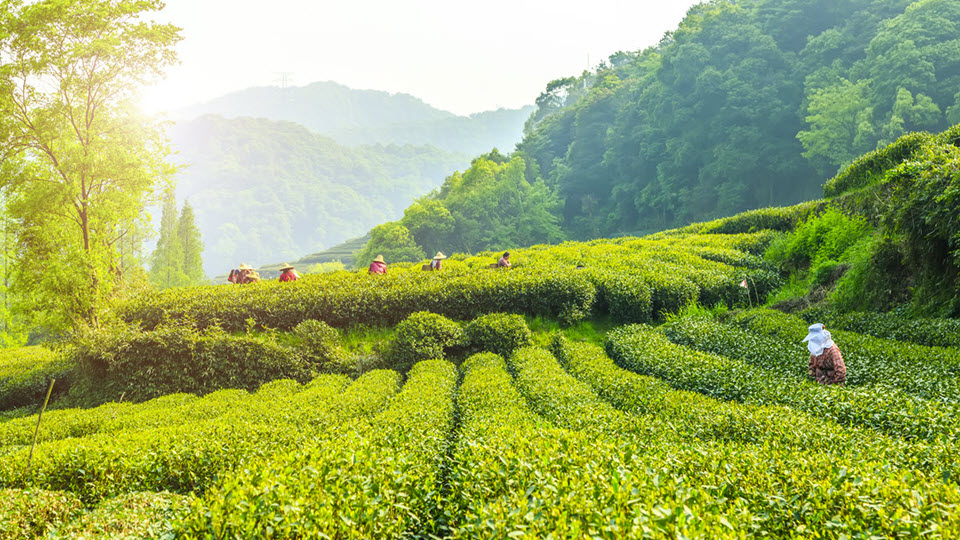
China Reports Tea Exports Declined in 2023
The value of Chinese tea exports fell by 16.3% to $1.74 billion year over year (y/y) in 2023 compared to $2.1 billion in sales recorded in 2022, according to China Customs. The decline is the second consecutive annual drop in exports by value. Export volume also declined by 2% to 367.5 million kilos.
Export value in 2022 fell by 9.6% y/y compared to 2021. Green tea experienced the biggest drop in value, declining from $1.4 billion in 2022 to $1.2 billion in 2023. In 2022, China exported 26.5% of the global total by value, according to UN Comtrade.
Sri Lanka, the number two producer by value, saw export value increase to $1.31 billion on a lower volume of tea than in 2022, according to the Sri Lanka Tea Board (SLTB). Exports earned $1.26 billion in 2022, reversing declines in 2020 and 2021. Sri Lanka tea shipments accounted for 15.7% of global exports by value in 2022.
Kenya tea exports from January through November were valued at $1.05 billion and are likely to surpass the 2022 total of $1.4 billion, according to the Kenya National Bureau of Statistics.
India ranked fourth in global tea exports in 2022 but has yet to report full-year statistics. Indian tea exports from January through October were down 1.7% to 182 million kilos. Export value for April through October was also down by 3.6% to $590 million (INRs 4,904 crore) compared to $612 million (INRs 5,086 cr) during the same period in 2022. Export volume for the full year is likely to be around 200 million kilos, according to the Indian Tea Exporters Association.
Live Mint reports that rating agency Crisil expects the Indian tea industry to witness an 8% decline in revenue this fiscal year.
FEATURE
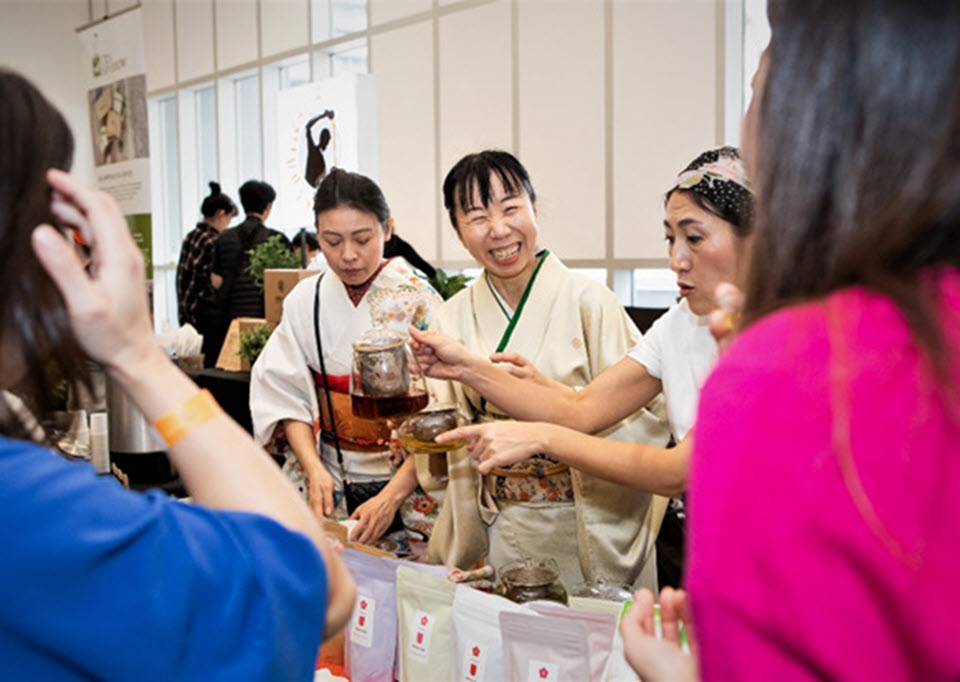
Toronto Tea Festival Celebrates 10th Anniversary
By Dan Bolton
The Toronto Tea Festival is celebrating its 10th anniversary this weekend. The Tea Guild of Canada and Tao Tea Leaf are co-founders and sponsors of the event. Organizers expect a big crowd to attend educational presentations, cultural demonstrations, and competitions, and there will be products on display from 50 tea vendors, large and small. Rita Fong helped organize the inaugural event. She is a director and manages social media and marketing of what is now the largest tea festival in Canada. She joins us on the Tea Biz Podcast to share insights on this event’s staying power and growing popularity. Read more…
Listen to the Interview
Powered by RedCircle
Share this Post
Episode 152 | UN #TeaPower Promotion Targets Younger Generations | Tea Advice to Take with a Grain of Salt | China Reports Tea Exports Declined in 2023 | PLUS Toronto Tea Festival Social Media Manager and Marketing Director Rita Fong shares insights on this event’s staying power and growing popularity.
Sign up to receive Tea Biz weekly in your inbox.

